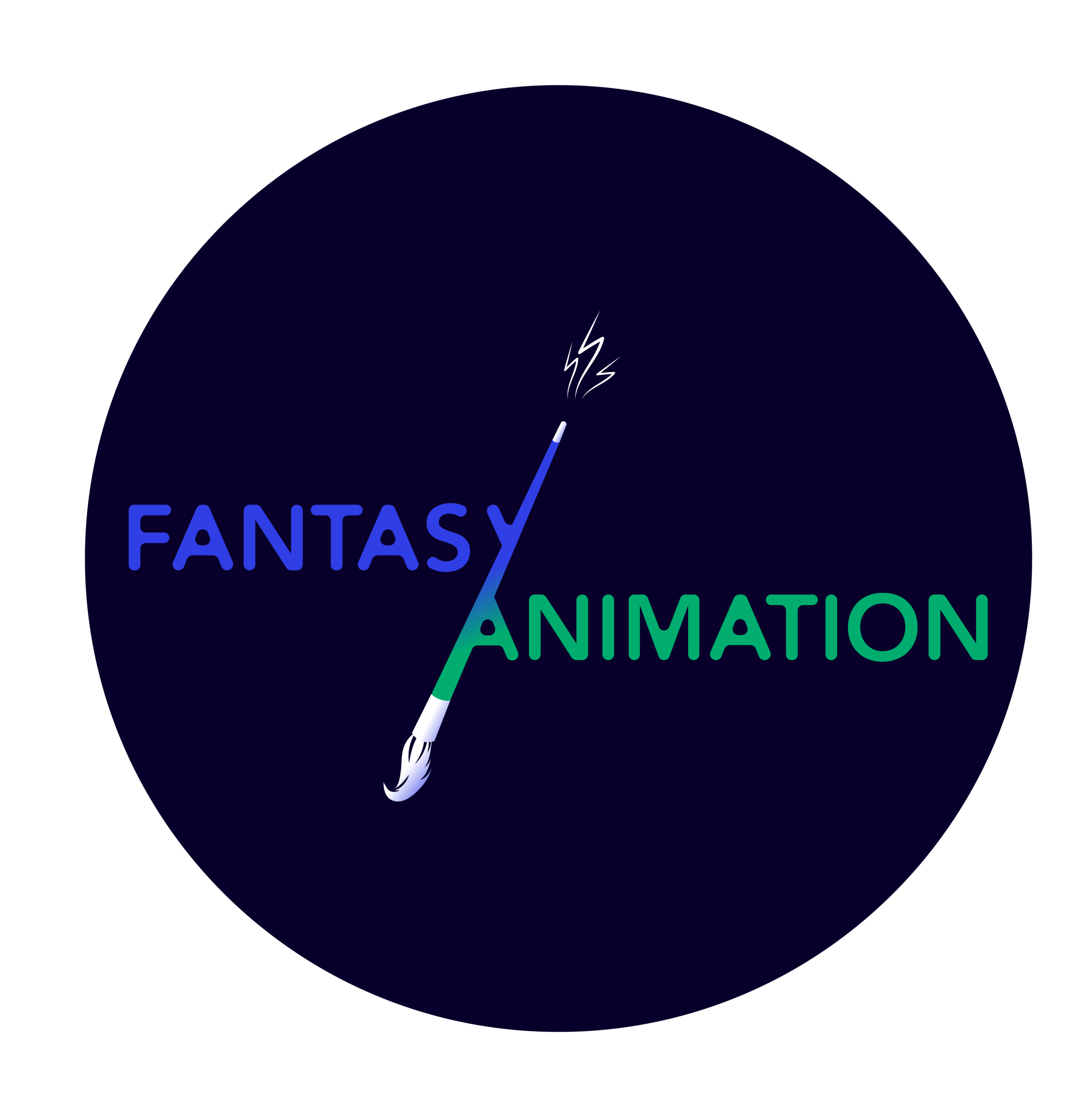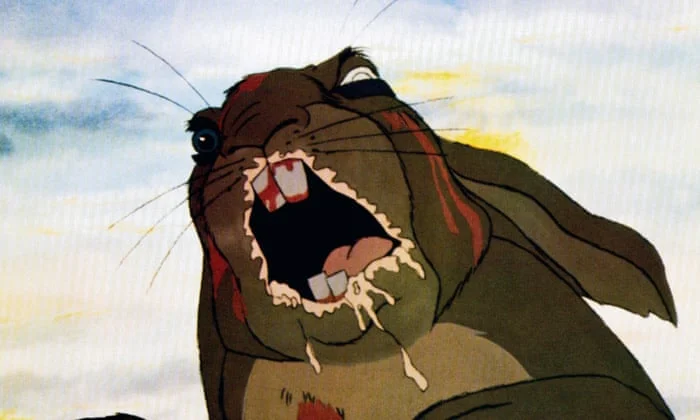With Watership Down (Martin Rosen, 1978) newly restored in 4K by the British Film Institute, it’s an appropriate time to reflect on rabbits in animation. From Bugs Bunny to the recent Peter Rabbit films (Will Gluck, 2018-2021), rabbits can be found everywhere within the history of animation. But animation also has a problem with representing these bob-tailed creatures. I was crudely reminded of this about two-thirds into DreamWorks’ latest animated release, The Wild Robot (Chris Sanders, 2024), when something caught my eye that briefly took me out of the film. The film is set on a remote island inhabited only by the titular robot and an assortment of wildlife, including a rabbit or two. In a blink-and-you’ll-miss-it moment approaching the film’s final act, one of the rabbits raises their front paws, revealing soft pink pads on the undersides of their feet.
Read MoreBased on the music of the British pop band The Beatles, Yellow Submarine (George Dunning, 1968) is a film that perhaps best resembles the tradition of the jukebox musical. It tells the story of Pepperland, a music-loving utopia falling under siege by the music-hating Blue Meanies. By command of the Mayor, Captain Fred boards the titular yellow submarine to seek help. He discovers The Beatles and urges their help given their musical talents and their resemblance to Pepperland’s favourite musical group: Sgt. Pepper’s Lonely Hearts Club Band. The Beatles join Old Fred (Fig. 1) on a journey back to Pepperland, and rally Pepperland’s citizens to rebel against the Blue Meanies. Harnessing the groovy power of psychedelic pop, they sing their way to freedom.
Read MoreI first met Tony when we were drawn together in the same class at middle school. He was always different, rubbing against the tyranny of ‘normality’. Yet, he never accepted being a square peg forced into a round hole. He was always full of energy, creativity and passion. It was clear that he had an extraordinary talent.
Read MoreThe Snowman, produced by John Coates, turns forty this year. Remarkably, it has been a regular feature of Channel 4’s Christmas schedule since its first broadcast (an intriguing but important acquisition for the fledgling channel), taking its place within contemporary culture.
Read MoreGive Us a Smile (1983) is an animated short film (with some live action elements) made by Leeds Animation Workshop, a West Yorkshire based cooperative of women filmmakers and animators founded in 1978 which continues to operate today, producing and distributing animated films on a number of different social education issues.
Read MoreMy first encounter with animated fantasy was, ironically, static in two dimensions. While I wasn’t born when Smallfilms’ The Pogles was originally broadcast by the BBC in 1965, I grew up watching repeats of Pogles’ Wood (Oliver Postgate,1965-1967) in the Watch with Mother slot in the early 1970s. Some kind person bought me the hard-cover annual from the original series (that was never repeated by the BBC because it was considered too frightening), and I can clearly remember the delighted horror with which I would timorously turn the page to see the villainous Witch of the story – the reason for the one-time-only broadcast.
Read MoreAnimated fantasy film Watership Down (Martin Rosen,1978) represents something of a critical cultural conundrum that underwrites its complex status as a children’s feature. On the one hand, this hand-drawn fable - that follows a cross-countryside journey made by a colony of rabbits - represents the best of British animation, with an impressive voice cast (featuring John Hurt, Richard Briers, Simon Cadell and Nigel Hawthorne) giving life to a beautifully evocative cel-animated style that fully demonstrates the pre-digital artistry of paint-and-ink animation production. On the other hand lies its well-established identity as an emotionally traumatic experience, one that trades in themes of political uprising, Fascism and grief, all the while being scored to graphic images of blood, gore, and death.
Read More






